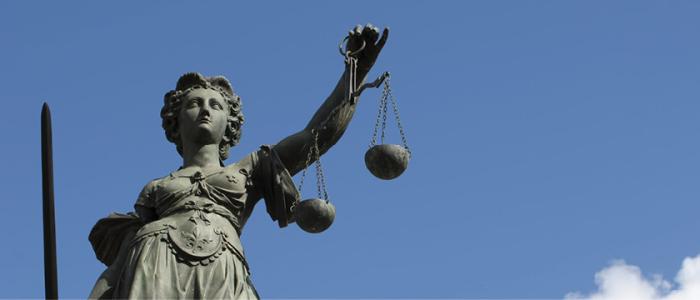
4.11 Why does the Church have its own laws?
Rules are needed whenever people work or live together. The Church has its own system of law, called ‘canon law’.
The purpose of canon law is to help us to live well as Christians. It also describes the organisation of the Church. Canon law applies to all the faithful.
When does an authority act legitimately?
An authority acts legitimately when it works for the sake of the common good and applies just methods of attaining the goals thereof.
The people in a State must be able to rely on the fact that they live under a “government of laws”, which has rules that are binding for all. No one is obliged to obey laws that are arbitrary and unjust or that contradict the natural moral order. In that case there is a right, or in some circumstances even the duty, to resist. [Youcat 326]
During the course of the centuries, the Catholic Church has been accustomed to reform and renew the laws of canonical discipline so that, in constant fidelity to her divine Founder, they may be better adapted to the saving mission entrusted to her… The Code of Canon Law is extremely necessary for the Church. Since, indeed, it is organized as a social and visible structure, it must also have norms. [Pope John Paul II, Sacrae Disciplinae Leges, 25 Jan. 1983]





